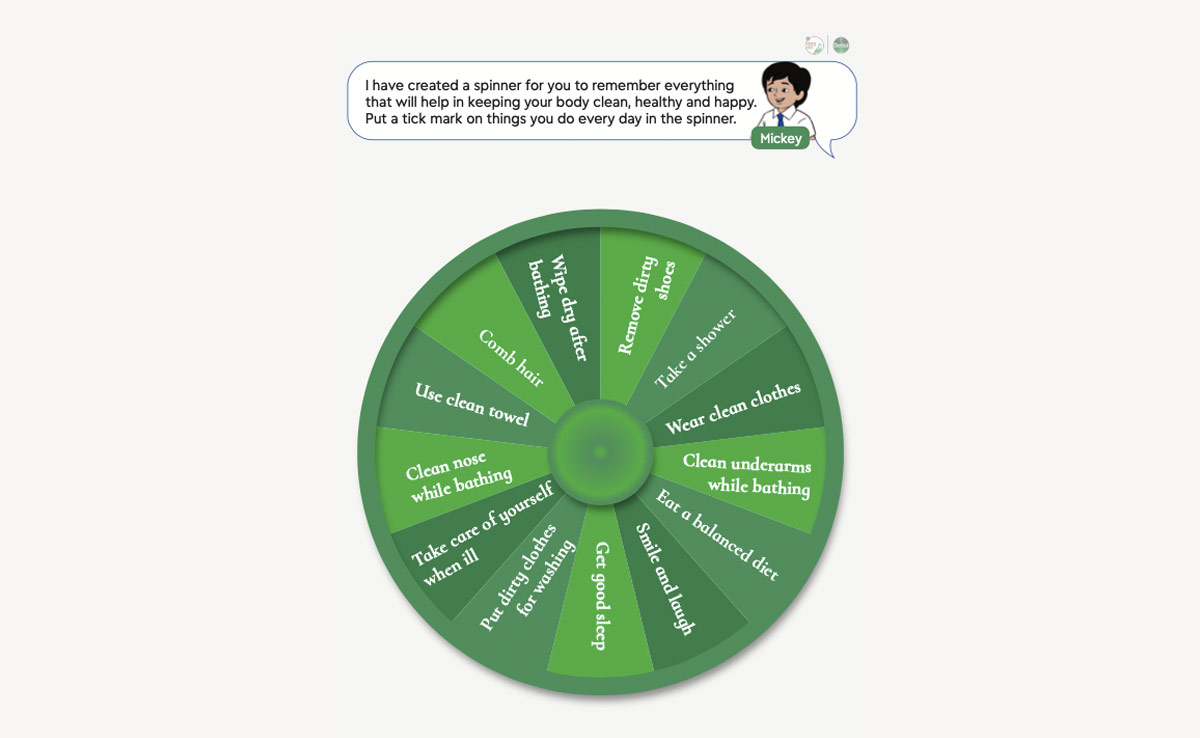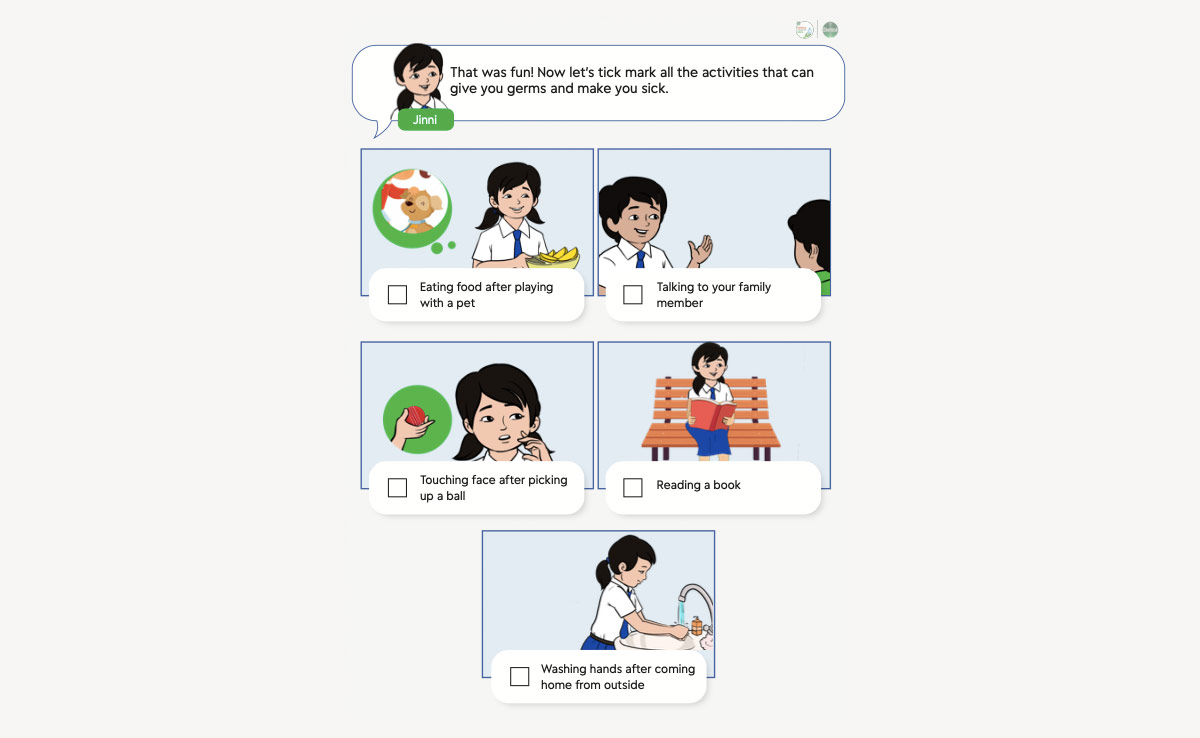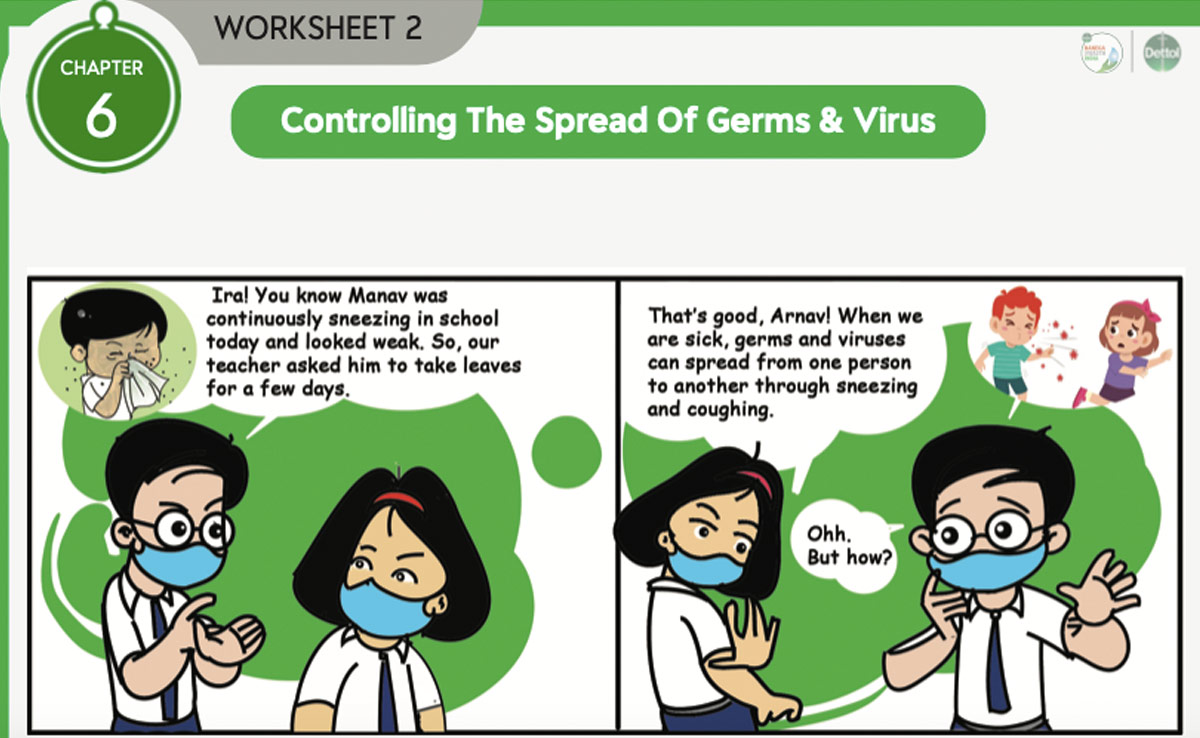New Delhi: World Health Organization states that proper hand hygiene has been proven to reduce deaths from respiratory and diarrhoeal diseases in children under five by 21 per cent and 30 per cent respectively. It further adds that over the past five years, half a billion people have gained access to basic hand hygiene facilities – a rate of 300,000 per day. However, WHO estimates show that this progress is far too slow. It states that at the current rate, almost 2 billion people will still lack access to basic hand hygiene facilities in 2030, negatively impacting other development priorities, including education, health, nutrition, and economic growth.
In a bid to overcome the challenges of behavioural change when it comes to hygiene in India, in 2014, under the aegis of its overarching campaign, Banega Swasth India, Reckitt launched the transformative Dettol School Hygiene Education Program. The aim of the programme was to teach and embed habits at an early stage so that the behaviour and learnings can change and impact the lives of a generation growing up.
As a part of the initiative, Dettol has recently launched ‘DIY Hygiene Workbooks’ for Grade 1 to Grade 3 for the academic year 2023. The workbooks are all about – safety, choices and hygiene habits that children should follow in order to live a healthy life. The foundation of these books is the fact that good health and hygiene sets the road for physical, mental well-being and ensure we are moving ahead to achieve the goal of building a Swasth India.
What’s Inside The DIY Workbooks
These books have the following:
- Activities and exercises around hygiene that are fun and informative
- Children will learn about taking care of their overall health
- There are drawing and colouring activities on safety, cleanliness and health
- Aim is to inculcate good habits in children by informing them ‘how to’ perform their basic daily tasks and promote good behaviour, which includes things like – handwashing, bathing, brushing, cleaning of surfaces, first-aid in injury and covering mouth and nose when sneezing or coughing.
- Along with good hygiene practices, these workbooks educate children on how unhygienic behaviour can spread viruses, germs and bacteria and cause diseases
Some Examples From The DIY Workbook
Through this fun spinner board, the DIY workbooks are educating children about how to stay healthy and hygienic
In another section, the children learn about how germs spread and how this spread can be checked
Apart from activities, the DIY workbooks have characters like Mickey, Jinni, Ira & Arnav and through their interactions children can learn the valuable lessons on how to stay healthy and fight diseases
Reckitt’s Thought Behind The Initiative
What started in 2014 with the launch of the Dettol School Hygiene Education Program, in just 2,500 schools, today has reached out to 24 million children across 840,000 schools and 500,000 Madrasas. The children covered by the initiative are being exposed to an ecosystem where the knowledge of hygiene is cemented with cultural nudges that promote and sustain positive hygiene practices and behaviours.
Through DIY Hygiene Workbooks, Reckitt aims to build the critical life skills needed for tomorrow. The programme is aligned with the national curriculum, it borrows from the best global practices in education, and creates a radical new way to incorporate hygiene into daily living. The agenda is to extend the idea of hygiene to every domain of development, helping children imbibe hygiene as a way of life.
NDTV – Dettol have been working towards a clean and healthy India since 2014 via the Banega Swachh India initiative, which is helmed by Campaign Ambassador Amitabh Bachchan. The campaign aims to highlight the inter-dependency of humans and the environment, and of humans on one another with the focus on One Health, One Planet, One Future – Leaving No One Behind. It stresses on the need to take care of, and consider, everyone’s health in India – especially vulnerable communities – the LGBTQ population, indigenous people, India’s different tribes, ethnic and linguistic minorities, people with disabilities, migrants, geographically remote populations, gender and sexual minorities. In wake of the current COVID-19 pandemic, the need for WASH (Water, Sanitation and Hygiene) is reaffirmed as handwashing is one of the ways to prevent Coronavirus infection and other diseases. The campaign will continue to raise awareness on the same along with focussing on the importance of nutrition and healthcare for women and children, fight malnutrition, mental wellbeing, self care, science and health, adolescent health & gender awareness. Along with the health of people, the campaign has realised the need to also take care of the health of the eco-system. Our environment is fragile due to human activity, which is not only over-exploiting available resources, but also generating immense pollution as a result of using and extracting those resources. The imbalance has also led to immense biodiversity loss that has caused one of the biggest threats to human survival – climate change. It has now been described as a “code red for humanity.” The campaign will continue to cover issues like air pollution, waste management, plastic ban, manual scavenging and sanitation workers and menstrual hygiene. Banega Swasth India will also be taking forward the dream of Swasth Bharat, the campaign feels that only a Swachh or clean India where toilets are used and open defecation free (ODF) status achieved as part of the Swachh Bharat Abhiyan launched by Prime Minister Narendra Modi in 2014, can eradicate diseases like diahorrea and the country can become a Swasth or healthy India.



















